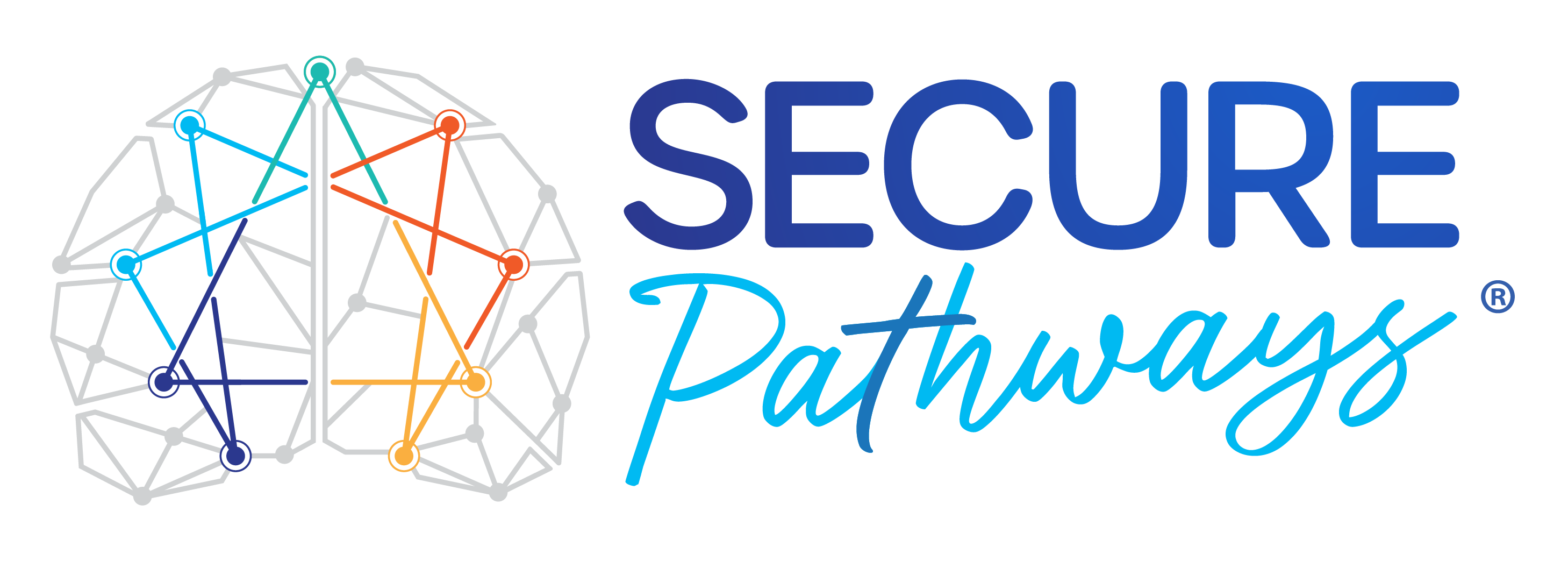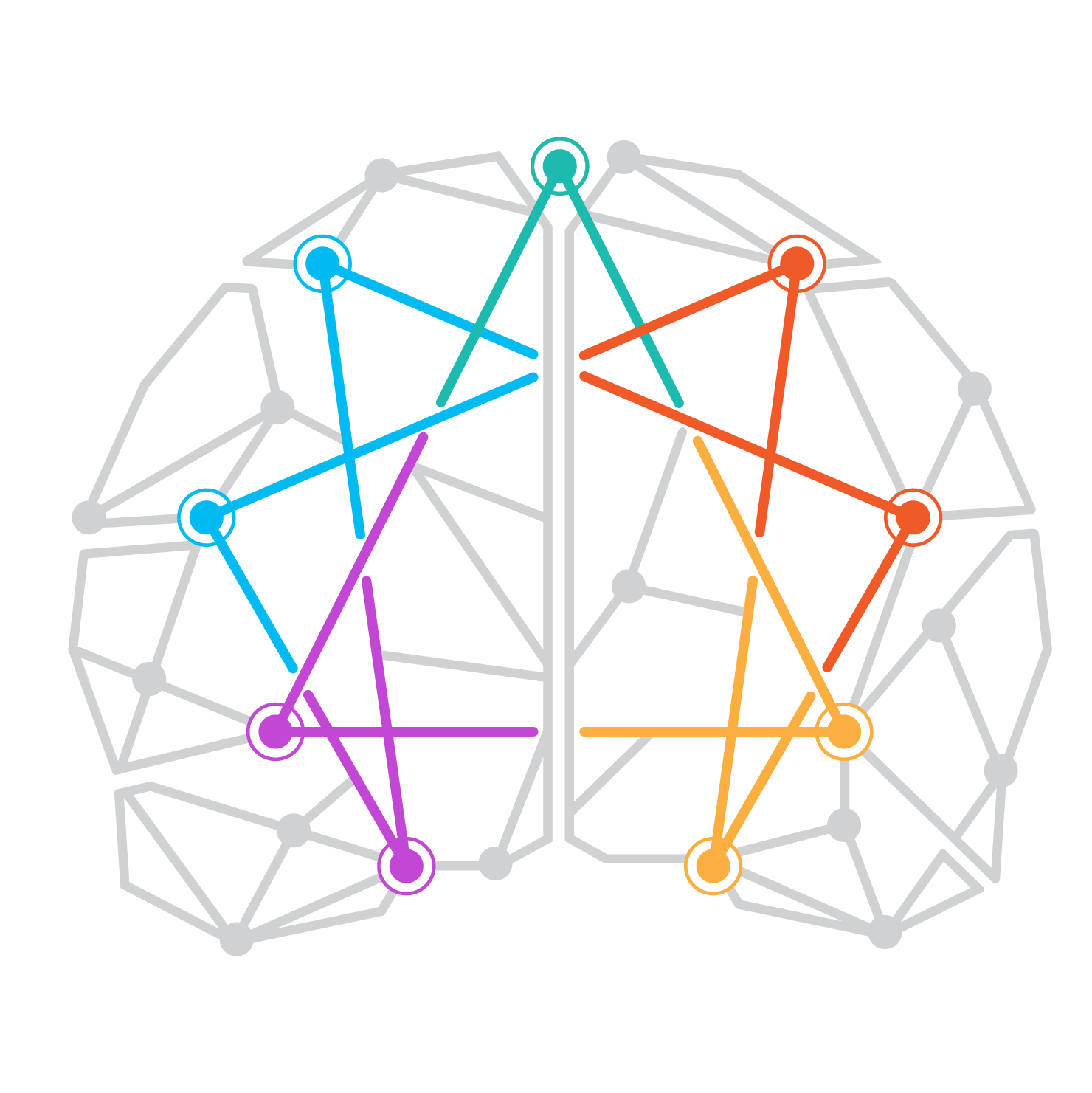This ties in closely with last week’s blog because we are still talking about parenting and helping our children regulate their emotions. This week we are going to look at the more challenging side of meeting our children’s emotional needs. When children have strong feelings or become emotionally dysregulated, parents often struggle to see what their child needs and then to meet that need.
There are a variety of reasons that parents struggle with their children’s emotions:
- not being comfortable with strong emotions ourselves due to our Enneagram/personality type
- our own parents were not sensitive to our feelings, downplayed, or rejected our emotions (or certain emotions) as not important or valid
- having a trauma history that gets triggered by our child’s emotions, loud voice, or conflict
- not seeing any value in emotions or thinking child’s emotions are not justified
- doubt about how to respond
- fear of conflict or escalation if you focus on your child’s emotion.
This week, I would like to continue exploring how our Enneagram types might impact our parenting and the way we handle our child’s upset.
To review, in order to develop a secure attachment with our children, parents need to be attuned to their kids. Attunement means paying attention to what your child needs and responding in a way that shows you understand and care. Parents need to be available and responsive when helping children regulate their emotions.
When children need to be comforted or are feeling angry, scared, or overwhelmed, they need parents to co-regulate their emotions–help them express and make sense of their feelings. It means that a parent remains present with a child and helps them all the way through their emotions until they are soothed. This often includes validating their feelings and expressing your understanding of the reasons that they might feel that way.
This sounds good, right? Well, maybe not for many of us due to the reasons listed above. While 1:1 coaching or therapy can help you explore the reasons why you might struggle when your children express negative feelings, I want to talk here about how our Enneagram type can present challenges when our kids express their emotions. Note that every type can have struggles with their children’s emotions.
| Type | Struggles in Helping Children Regulate Emotions |
| 1 | When children are expressing strong emotions, they may move too quickly away (before the child is soothed) from emotions and into problem-solving and improving. Their need to correct may make it hard for them to be present with their child if they don’t think their child’s feelings are justified or appropriate. |
| 2 | They may not be able to tolerate their child hurting, upset, or in pain. It hurts them when their child hurts or they may over-identify with their emotions (feel their child’s emotions as their own). Because they want to help and may want to feel needed, they may over-regulate their child’s feelings so the child is more dependent on them to manage their emotions in the future and will seek them out. |
| 3 | Their tendency to push away emotions and focus on tasks, achievement, or image may make it hard to hang with their children’s emotions without pressuring them to get something done (shifting away from the feelings and focusing on accomplishment). Especially in stress or conflict, they tend to expand their sense of self, which may make it difficult to listen, reflect, and validate the child’s feelings if the child and parent are in conflict because they do not want to be wrong or seen as a failure. The parent may argue their point rather than help regulate their child. |
| 4 | They may become emotionally reactive when the child is expressing strong emotions. This may make it hard for them to help reflect and validate their child’s feelings because they may be overly focused on their own. When there is stress, they are likely to move away from others and from conflict and may miss their child’s emotional needs because they are not present. |
| 5 | They may find that emotional co-regulation quickly depletes their energy and when they get worn down, they may not be able to be present for their child. They may rush into cognitive analysis, problem-solving, or discussion before the child is (fully) soothed. |
| 6 | They have a tendency to blame themselves when something goes wrong, which may leave the parent feeling responsible or to blame for their child’s negative feelings or interactions. They can be emotionally reactive under stress and their emotional intensity may ratchet up their children’s anxiety or upset because the parent is not calm. |
| 7 | They may push their child to have fun, play, explore, or go on an adventure rather than deal with the child’s feeling Because of their desire to avoid negative or unpleasant experiences, they may have difficulty staying present long enough with their child’s emotions for them to be soothed. |
| 8 | They do not want to be weak, powerless, or controlled, so they may quickly get into power struggles when their child is having strong emotions to try to keep the upper hand. They often reject or minimize their own emotions so helping their child explore theirs may be challenging or they may not have the patience for it. |
| 9 | They tend to withdraw when they get upset or when there is conflict, so they may have a hard time physically and emotionally staying present when a child is angry, argumentative, or having a hard time. They may merge with their child to keep the harmony and try to pacify their child. This does not really soothe the child’s emotions but is more just giving in to get their negative feelings to end. |
Just because you struggle with (certain) emotions, does not mean that you are not capable of helping your children co-regulate their emotions! If you are uncomfortable with emotions or get overwhelmed with your own emotions, it may be helpful to explore more about where those struggles are coming from. It will take work and it is not easy but the benefit to our children and to our connection with our children is worth it! Reflect on how your personality may hamper you being emotionally attentive to your child.
Questions to ponder:
What struggles or challenges do you bring to helping your child with their emotions? Is your experience different than the possible struggles listed by your type? If so, I would love to hear your thoughts! Email me by filling out my contact form.
How does your Enneagram type seem to complicate your ability to manage emotions?
If you found this blog to be helpful or interesting, please consider joining my weekly newsletter.



